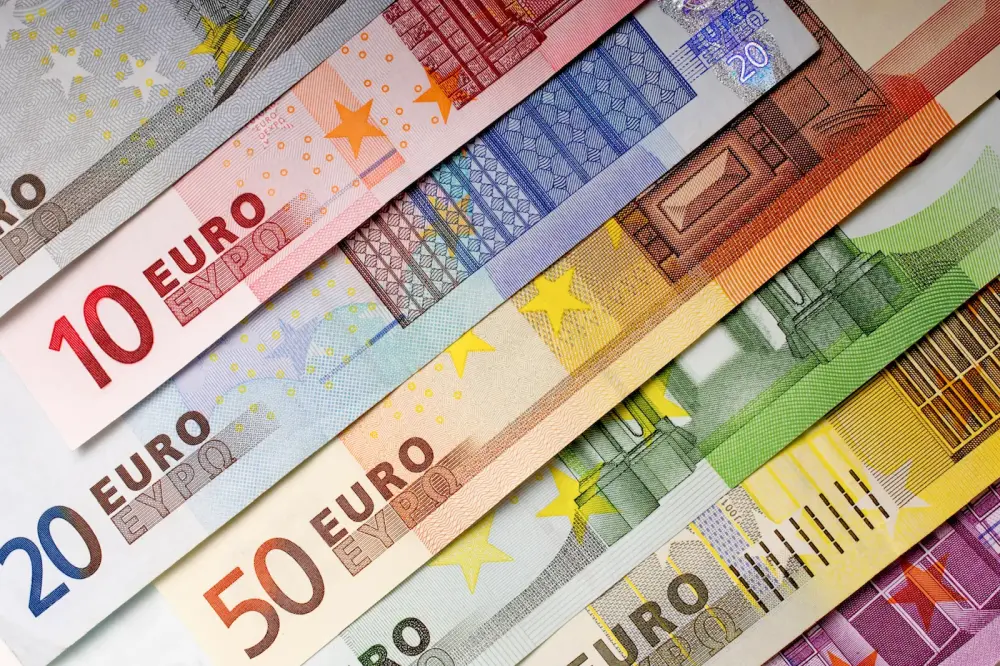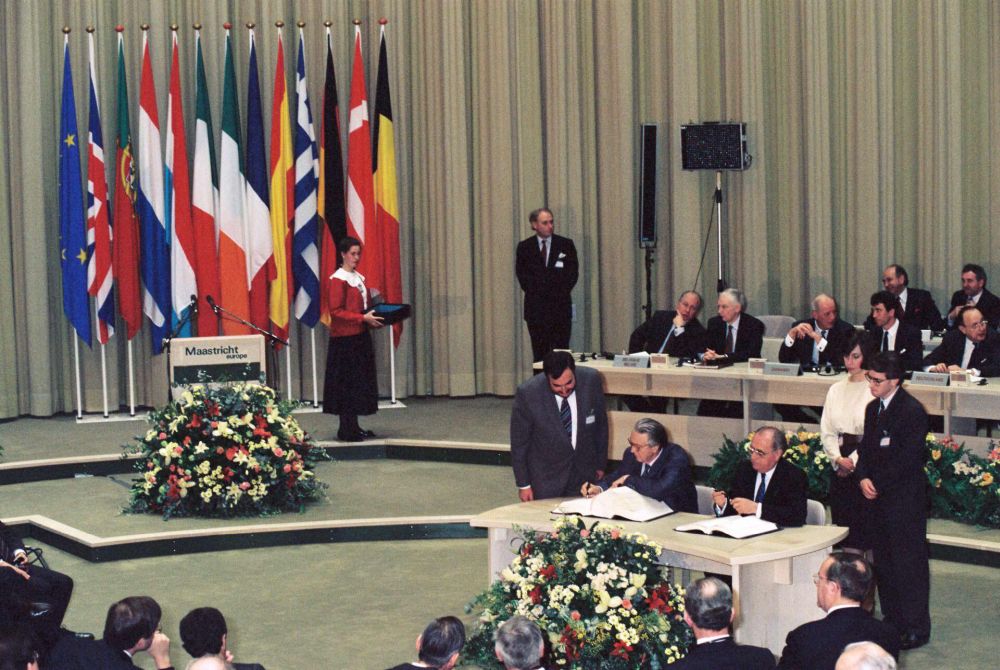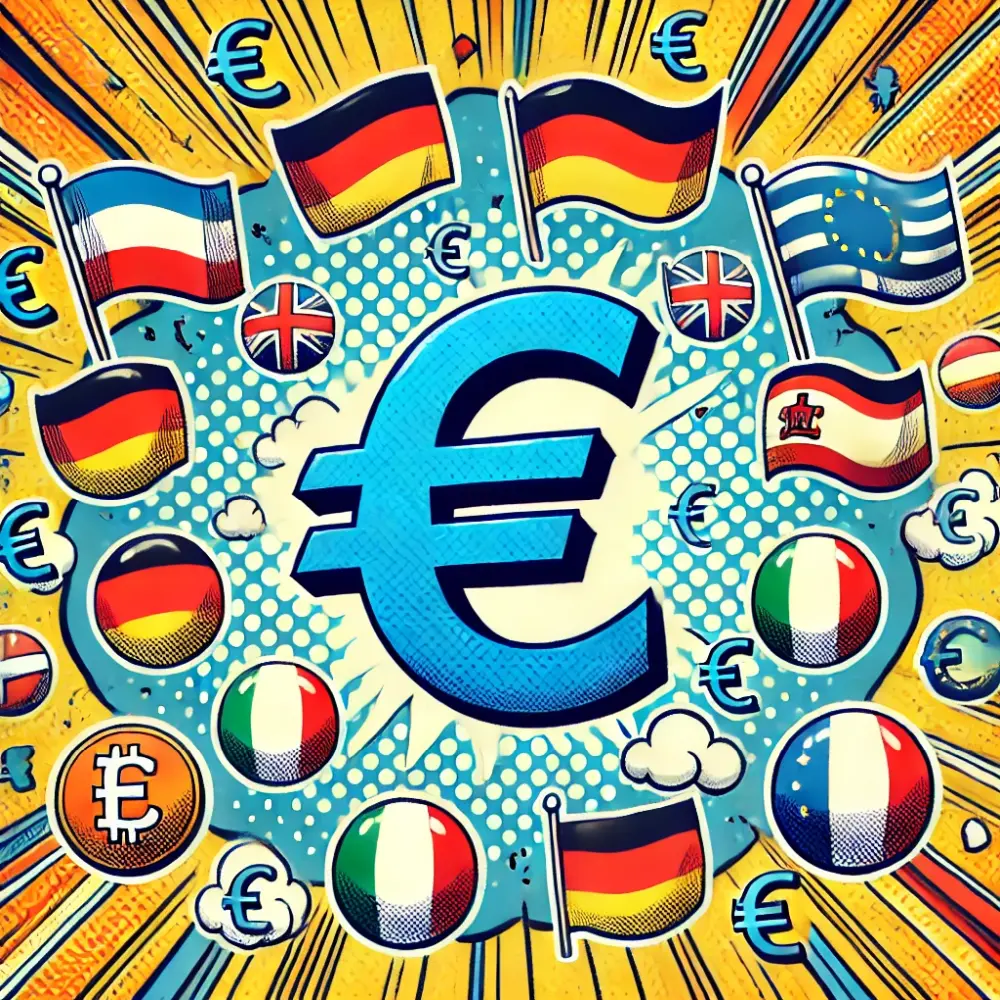The Euro was introduced in 1999 as the official currency of the Eurozone, marking a historic moment of economic integration in Europe. The creation of the Euro aimed to foster economic stability, ease trade across member nations, and strengthen Europe’s position in global markets. However, from the outset, the currency union was built on strict rules, one of which was the “no-bailout” clause, intended to prevent financial support between member states in case of fiscal trouble.

The “no-bailout” clause, enshrined in Article 125 of the Treaty on the Functioning of the European Union, was designed to ensure fiscal discipline. It meant that countries would be responsible for their own debt and could not rely on other member states or the European Central Bank for financial rescue. The logic was to promote prudent fiscal policies and prevent irresponsible borrowing that could destabilize the entire Eurozone.

However, the financial crisis of 2008 put this principle to the test. Several Eurozone countries, including Greece, Spain, and Ireland, faced economic collapse, triggering a debate on whether the “no-bailout” clause should hold. In the end, the European Union and the International Monetary Fund stepped in with massive financial aid packages, effectively bypassing the original rule to preserve the integrity of the Eurozone.

Today, the “no-bailout” clause remains controversial. Critics argue that it was never realistic in a fully integrated economic zone, while others insist that it is essential for maintaining discipline. The crisis highlighted the tension between sovereignty and solidarity within the Eurozone, and the lessons learned continue to shape European fiscal policy today.

#Eurozone #NoBailoutClause #EuropeanUnion #EuroHistory #FiscalPolicy #FinancialCrisis #EconomicStability #GlobalFinance #EuropeanEconomy
